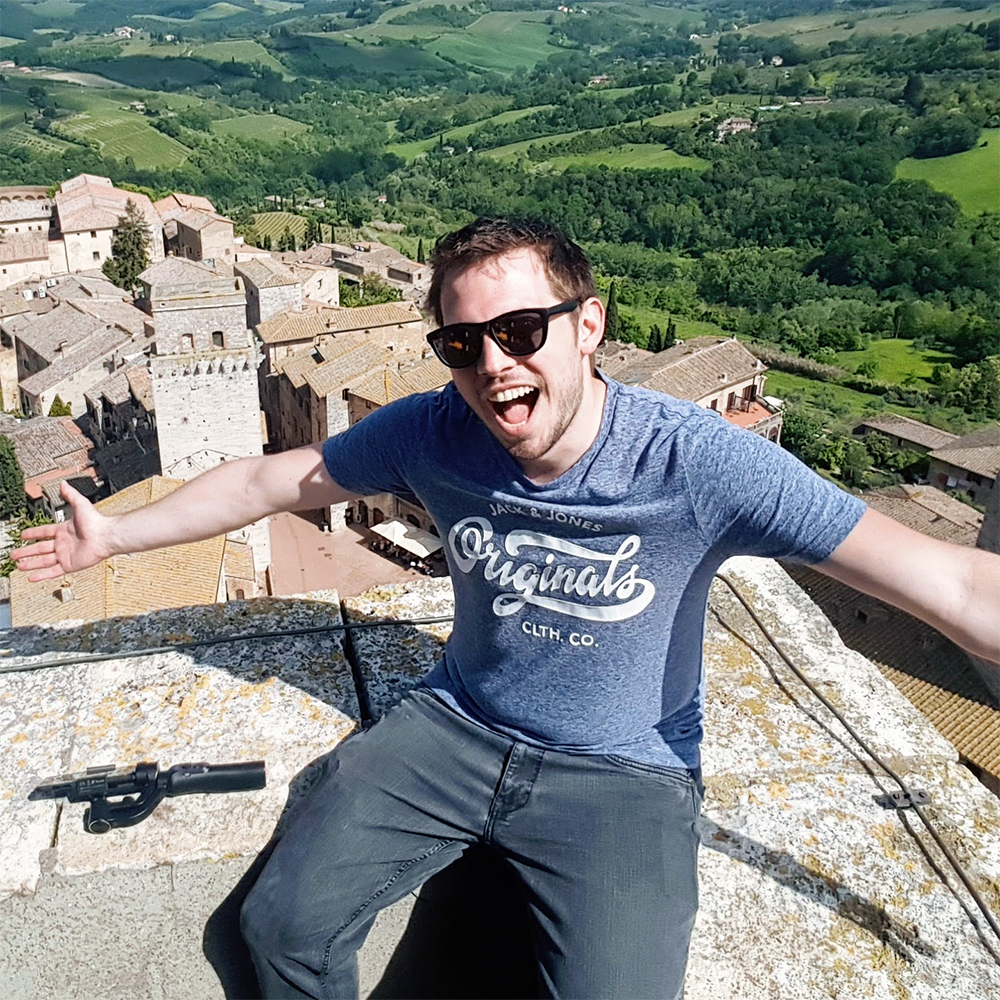I’m in the middle of writing an article about a self-discipline technique called time-boxing. It’s an idea on how to push yourself to do something you must or want to do, but you just can get started with. I pretty much done, but while writing it I came across a thought about time and how we perceive it. It was initially going to be a part of the previously mentioned article, but it kind of got to big so I decided to split it out. So here we go:
Time is a funny thing. We measure it in absolute units, like “24th September 2010, 11:24”. That tells us precisely when in time we are. But a lot of times we find ourselves saying things like “Time is just flying by today.” and “Is it 10 o’clock already? That meeting went by fast.” or “I can’t believe we were in there for only an hour. I felt like days.” But that’s exactly it. We “feel” time. In our heads it’s not measured by minutes, seconds or hours, we just get a feeling of how much time went by. I believe that this feeling reflects a number of significant events that happened to us in some period of time. These are the events we remember.
Let me paint you a picture to show what I mean. Have you ever traveled around for a month? I bet you felt like you’ve been gone for year when you came back home. Well that’s because when we learn to estimate how long something took we develop a certain ratio between significant events and an average time between these events. Each person has his or her own ratio which depends on their lifestyle. And changing this ratio takes a long time and it usually involves changing a part of your lifestyle. So even though you were only traveling for a month you saw a lot of new things, seen a lot of new faces and did a lot of interesting stuff. These just a few examples of significant events. And having experienced so many of them in such a short time confuses your mind. It is still using you “normal” ratio to calculate time. This results in a feeling of time that is a lot longer then the time that actually passed.
That’s the core of my idea. The most important part of it are significant events. I gave a few examples what these are, but it’s a bit more elaborate than that. Living our lives we get used to some events and we get used to the world working in a particular way. A significant event takes place when something happens that we didn’t expect. Of course not all events are equally significant. Someone cutting the line in front of you is nowhere as significant as a car almost running you over. As you can see these events can be good or bad. The easiest way to see how much significance is in a particular event is to see how good you remember it. If it’s still vivid in a week or two it’s quite significant. So you see our mind learns how often these events happen and how significant are they. Then it uses this to give you that “feeling of time”.
The same principle can be applied to our estimation of how long something would take. As these events haven’t passed yet we imagine what would happen in some period of time. This is why I always underestimate it would take me to clean the kitchen. I my mind I just have to clean the counter-top and some dishes and mop the floor. But then I get to it and see that the fridge is a mess and there’s a lot of dust on the shelves and all these little things add up and suddenly I get the feeling this won’t take an hour, but 3 or 4 instead.
As you can see I put some thought into this and I think it came out quite good. With this explained I think I’m ready to finish up my Time-boxing article. So stay tuned for that.

